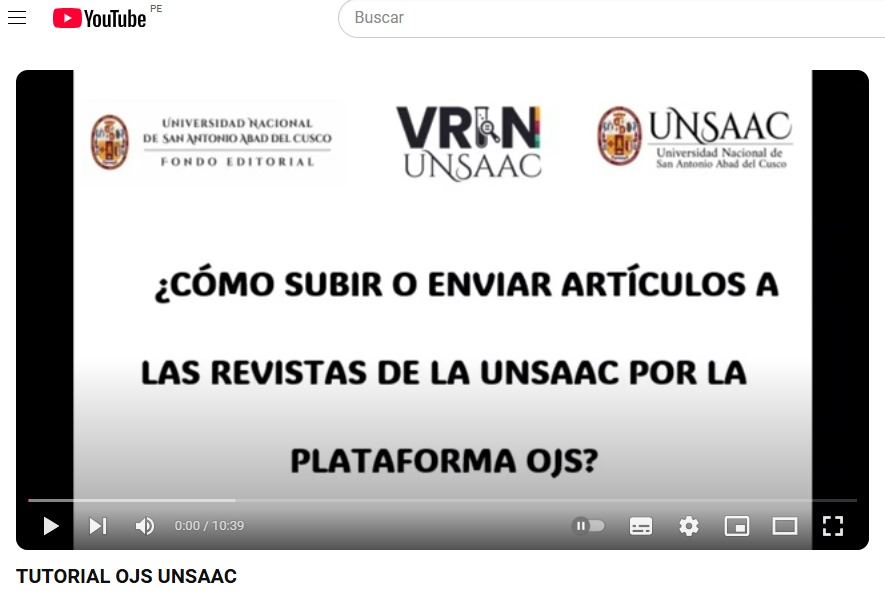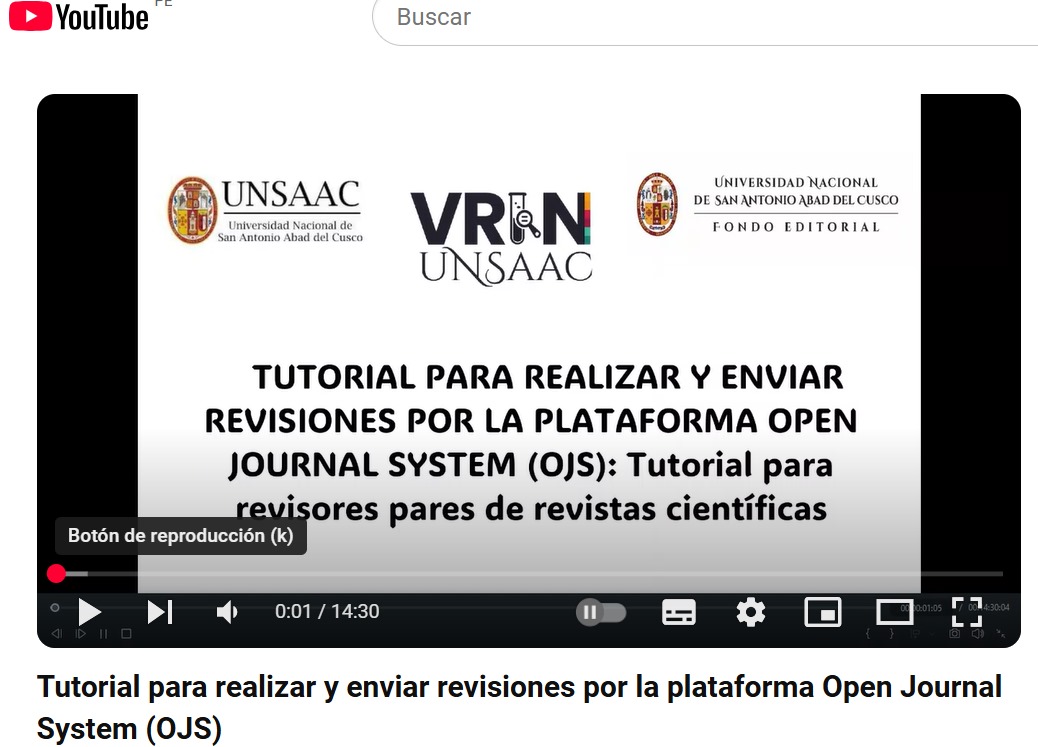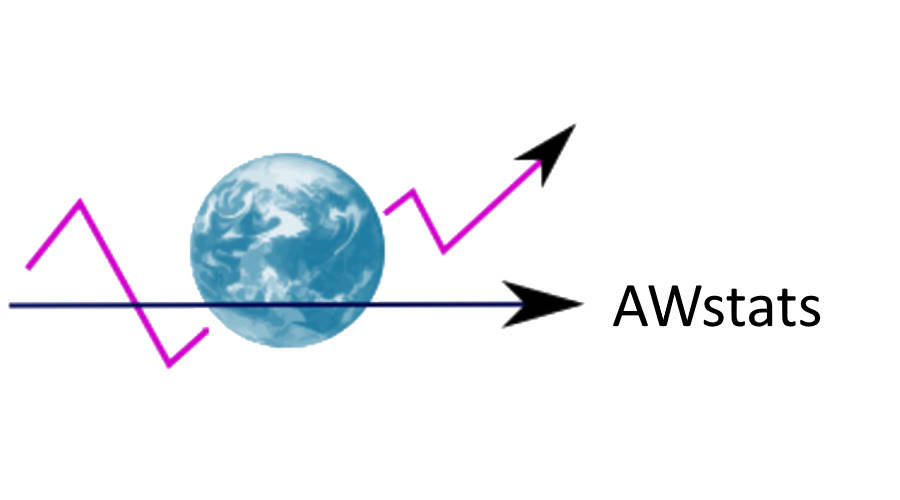The forms of power in the novel La muerte de Artemio Cruz by Carlos Fuentes
Abstract
The purpose of this article is to interpret the nature of power and explain the forms of power in the novel The Death of Artemio Cruz by the Mexican writer Carlos Fuentes. To do so, we use, as an analytical tool, the famous classification of the forms of power by Thomas Hobbes and French and Raven. In the aforementioned novel, the following forms of power have been detected: having subjects, enjoying a good reputation, being a reference, being rich, being successful, acting prudently, being eloquent, being courteous, having knowledge, giving rewards, exercising coercion and being an authority. Likewise, it has been concluded that power is ephemeral, a commensurate desire that is never satisfied and ends with death and the more range and reach it has, the more invisible it is. Power does not belong to someone, someone belongs to power. Even so, it is manifested in its diversity in the rise to power of the main character of the novel: Artemio Cruz.
Downloads
References
Anderson, E. (1999). Historia de la literatura hispanoamericana, II. Época contemporánea. México: Fondo de Cultura Económica.
Bacon, F. (1620). Novum organum. London: John Bill.
Byung-Chul, H. (2017). Sobre el poder. Barcelona: Herder.
Cobos, D. (2023). Pintura y narrativa histórica Latinoamericana en La muerte de Artemio Cruz de Carlos Fuentes. Universidad Nacional de Colombia.
Foucault, M. (1980). Microfísica del poder. Madrid: Ediciones de La Piqueta.
French, J. R., & Raven, B. (1959). The bases of social power. En D. Cartwright (Ed.), Studies in social power (págs. 150–167). Michigan: Univer.
Freud, S. (1905). Tres ensayos sobre teoría sexual. Buenos Aires: Amorrortu editores.
Freund, J. (2018). La esencia de lo político. Madrid: Centro de Estudios Políticos y Constitucionales.
Fuentes (b), C. (2013). La muerte de Artemio Cruz. Edición de José Carlos Gonzáles Boixo: Cátedra.
Fuentes, C. (2002). La Muerte de Artemio Cruz. El Comercio ediciones.
Gerena, R. (2015). Ironía e ideología en la muerte de Artemio Cruz, de Carlos Fuentes. Washington, D. C.: Latin American Studies Association.
Hobbes, T. (2017). Leviatán. O la materia, forma y poder de una república eclesiástica y civil. Fondo de Cultura Económica.
Kleiber, G. (1995). La semántica de los prototipos. Categoría y sentido léxico. Madrid: Visor Libros, S.L.
Lakoff, G. (2009). The Neural Theory of Metaphor. California: Cambridge University Press.
Lorgen, N. M. (2016). Autoconstrucción y ausencia del Otro. Un estudio de La muerte de Artemio Cruz desde una perspectiva psicoanalítica. Noruega: Universidad de Bergen.
Marx, K. (1845). Tesis sobre Feuerbach.
Montbrun, A. (2010). Notas para una revisión crítica del concepto de “poder”. Polis, Revista de la Universidad Bolivariana, 9(25), 367-389.
Ortega, G. (1992). La narrativa contemporánea hispanoamericana. Lima: Talls. Com. Lit. Angaraes.
Ortiz, M. L., & Lima , M. (2024). Los conflictos sociopolíticos en la narrativa mexicana. Una lectura de Tomóchic y Nieves. Metáfora. Revista de Literatura y Análisis del Discurso, 6(12), 21-43.
Oviedo, J. M. (2001). Historia de la literatura hispanoamericana. Tomo IV: De Borges al presente. Madrid: Alianza Universidad Textos.
RAE. (2024). Diccionario de la lengua española. Obtenido de https://dle.rae.es/poder
Rosch, E. (1978). Principles of categorization. En E. Rosch, & B. B. Lloyd (Eds.), Cognition and categorization (págs. 27-48). California: Lawrence Erlbaum Associates.
Russell, B. (2017). El poder. Un nuevo análisis social. Barcelona: RBA Libros y Publicaciones.
Sun Tzu. (2003). El Arte de la Guerra. Biblioteca Virtual Universal.
Valenzuela, J. (2009). Manual de Literatura Hispanoamericana. Lima: CEPREDIM UNMSM.
Weber, M. (1905). La ética protestante y el espíritu del capitalismo. Ediciones Istmo.
Weber, M. (2002). Economía y sociedad. Fondo de Cultura Económica de España.
Copyright (c) 2025 Marco Olarte, Niel Palomino Gonzales

This work is licensed under a Creative Commons Attribution 4.0 International License.
Los autores conservan sus derechos de autor y garantizan a la revista SYNTAGMAS el derecho de primera publicación de su obra.
Usted es libre de:
- Compartir: Copiar y redistribuir el material en cualquier medio o formato para cualquier propósito, incluso comercialmente.
- Adaptar: Remezclar, transformar y construir a partir del material para cualquier propósito, incluso comercialmente.















.svg_2.png)

